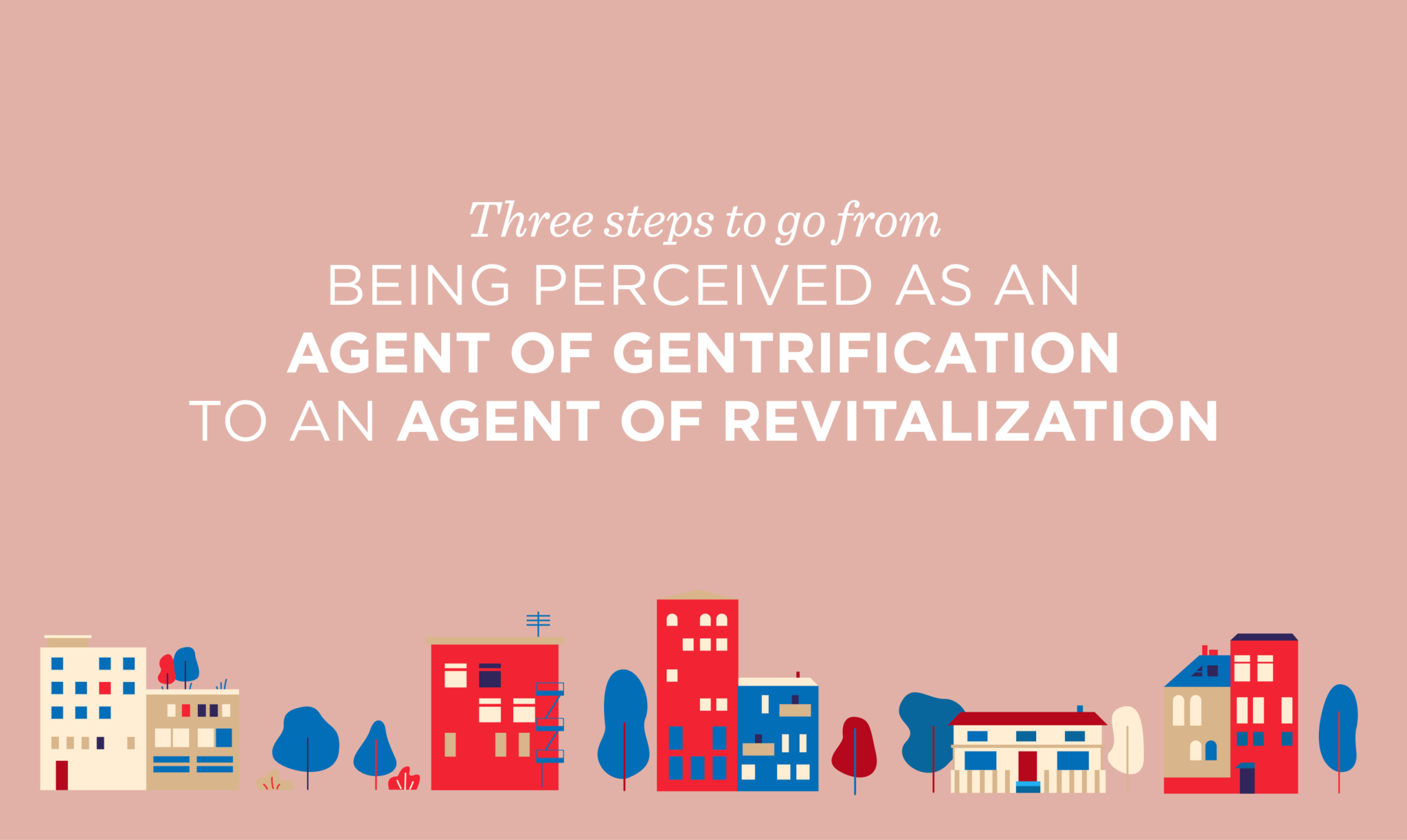 1. Open up the conversation
1. Open up the conversation
“Communication is the key in making change, maintaining our communities and improving stability. It’s not an easy process by any means. You have to commit to working together, having an open dialogue and especially listening to the concerns of the residents of gentrifying communities. And we as Realtors should be at the forefront of that communication. Because we are the ones meeting with homeowners who are experiencing these economic issues.” — Dalia Cajigas, RE/MAX CityView
2. Take the time to listen
“We have two ears and one mouth for a reason: We need to listen more than we talk. You might occasionally take one to the chin, but it’s important to be there and to listen. Partnerships are all about making a human connection with people and sharing your plan. You never want to talk too fast and move too quickly. Developers can get a bad name, and in some cases deservingly so, as being profit-driven not people-driven. Making those connections, taking the time to listen and explain and address the fears people may have helps you truly be able to say, ‘We want the same things, and we are here to invest in you.’” — Lamell McMorris, Greenlining Realty USA
3. Don’t be seduced by the silver lining
“There are some positive aspects to gentrification. One is you tend to see lower crime rates in gentrified neighborhoods, largely due to more squeaky wheel types in the community who feel empowered to speak up. Another is property values do tend to come up, which can allow some vulnerable residents like retired people who might be living on a fixed income to get an equity line of credit or a reverse mortgage, or even sell and downsize. And lastly, further development can occasionally lead to more newly constructed or renovated affordable housing. But those are the exceptions. More often what you see is a consistent focus on luxury and vintage rentals where there is nothing affordable. This is where people get displaced.” — Ross Wall, Berkshire Hathaway HomeServices Chicago